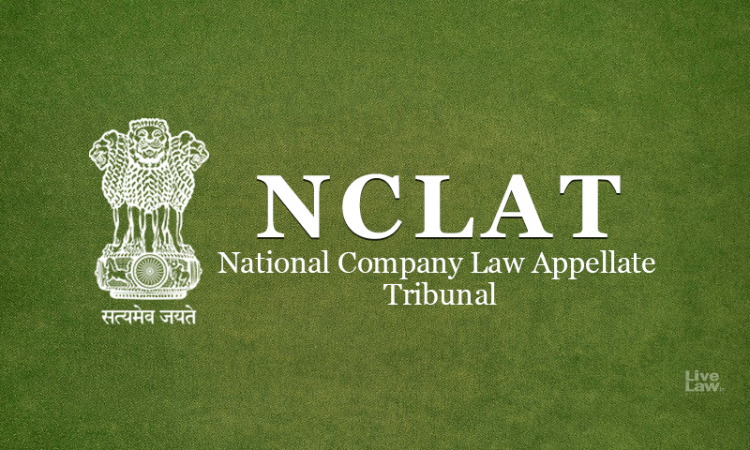NCLAT Delhi: Corporate Debtor Can't Escape Liability By Contending To Be Merely An Agent Of Principal
Sachika Vij
22 May 2024 2:00 PM IST

Next Story
22 May 2024 2:00 PM IST
The National Company Law Appellate Tribunal ('NCLAT') Delhi, comprising Justice Ashok Bhushan (Chairperson), Mr. Barun Mitra (Technical Member), and Mr. Arun Baroka (Technical Member) held that the Corporate Debtor cannot escape liability by contending that it is merely an agent and by taking recourse under Section 230 of the Indian Contract Act, 1872. Background Facts: Topaki...
